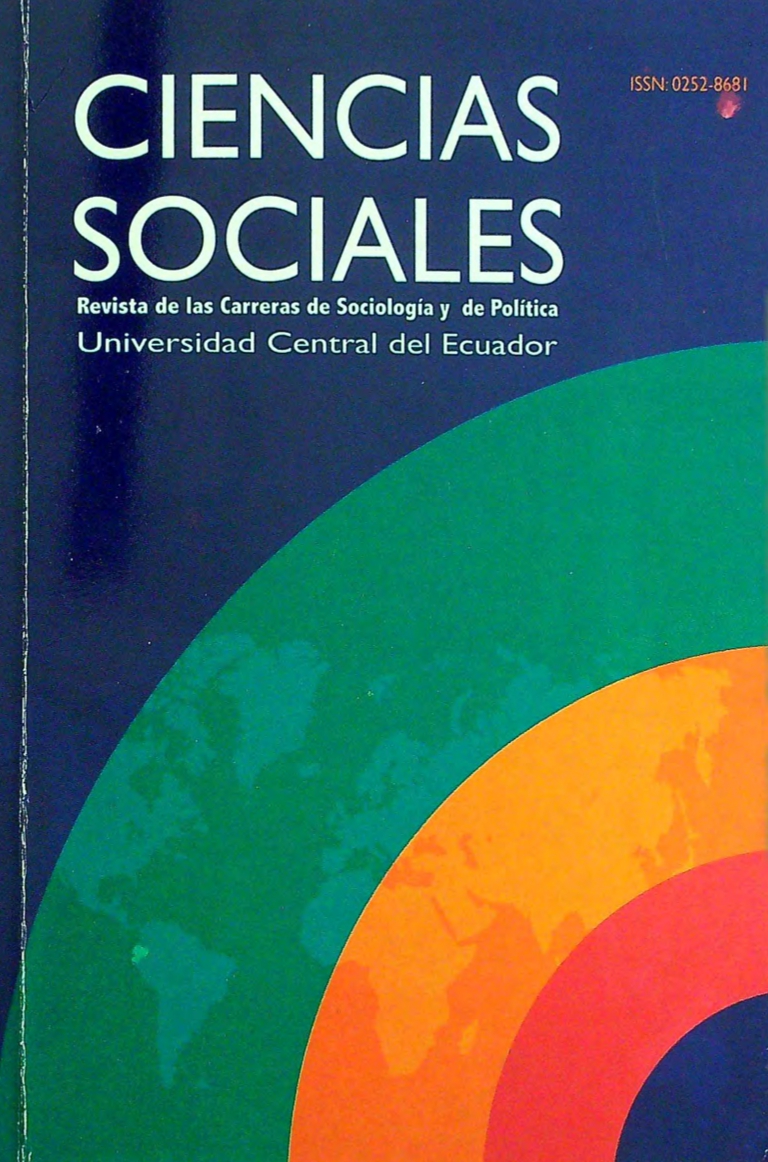INNOVACIÓN EN LA PLANIFICACIÓN CURRICULAR DE LAS CARRERAS DE LA EDUCACIÓN SUPERIOR
Keywords:
Innovation, curriculum, research, planning, higher, education, connection, correlation, learning resultsAbstract
The ever-changing character of science and technology oblige us to redefine
current educational models and curricular planification from its basis. lt is indispensable to reinforce the role of research as the fundamental transversal axis of the training provided by the university as a daily classroom activity, starting with undergraduate students and making it mandatory in graduate programs. The growing contradiction lies in between the needs of a labor market that supposedly offers secure employment to recent graduates and the imperatives of our country's socio-economic development. Curricular planning needs to be directly relatad to the constitutional principie regarding the "appropriateness" of higher education. The motto of strong correlation with society needs to be identified once again in the historical development of Academia so as to develop its learning and research
activities within the surrounding society, in touch with real flesh and bone
people that experience concrete problems and necessities in the short,
medium and long run. Without a doubt society provides the best labs from
which the most advanced research projects can emerge. On the other hand,
university-society correlation, from the point of view of curricular planning
has to be integrated in syllabi and learning results of every classroom.
Learning results are formulations that specify the knowledge that the student
will develop along with related capacities that should result from any particular classroom experience.
The key points in curricular development are:
Redefinition of the basis for the curricular design and construction.
• Multiple articulations of leaming envlronments
• Reconsider the role of professors
New organization for research activities so as to produce scientific knowledge in the daily life of educational spaces.
• Organizational change of IES (¡1), towards network and modular
models
• Professional training based on universal values
• Promotion of linguistic and cultural diversity
Defesne of academia freedom and plurality in the University
• Promotion of generic learning results
Downloads
Downloads
Published
How to Cite
Issue
Section
License

This work is licensed under a Creative Commons Attribution-NonCommercial 4.0 International License.
Política de acceso abierto
La revista Ciencias Sociales adhiere al modelo Acceso Abierto en el que los contenidos de las publicaciones científicas se encuentran disponibles a texto completo libre y gratuito en Internet, sin embargos temporales, y cuyos costos de producción editorial no son transferidos a los/las autores/as.
En ese sentido, no existe costo alguno para los/as autores/as en el envío o durante el proceso editorial, defendiendo el derecho a la información con equidad e iguales oportunidades de acceso.
Licencia y derechos de autor/a
Los autores conservan todos los derechos de publicación del artículo y conceden a la Revista Ciencias Sociales una licencia no exclusiva, intrasferible y sin regalías por duración ilimitada para su reproducción, distribución y comunicación pública a nivel mundial bajo una Licencia Creative Commons Atribución 4.0 Internacional (CC BY NC 4.0)


